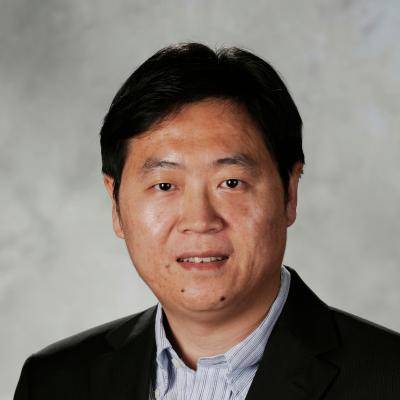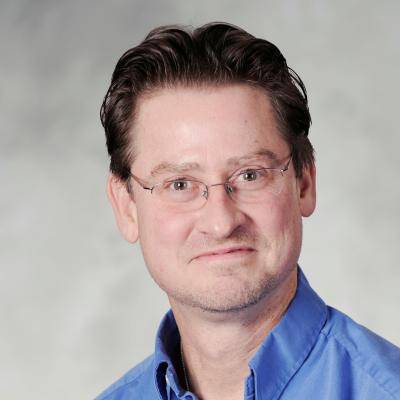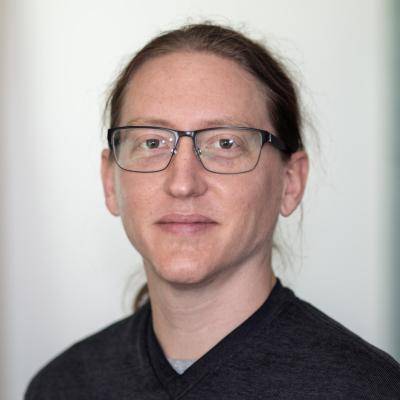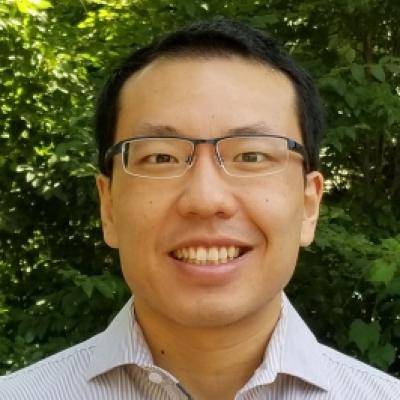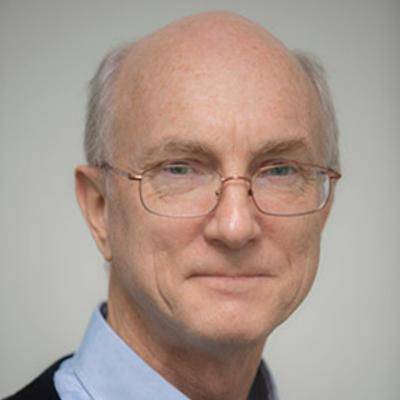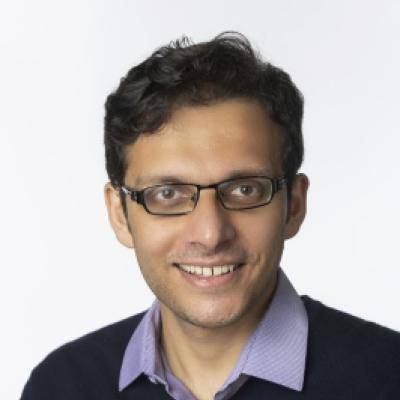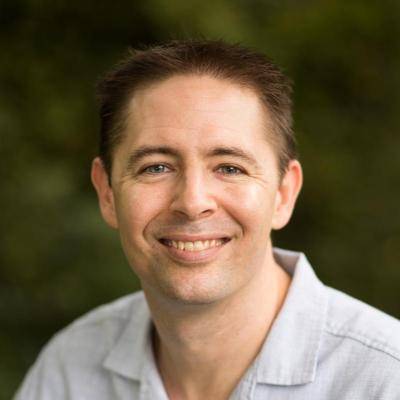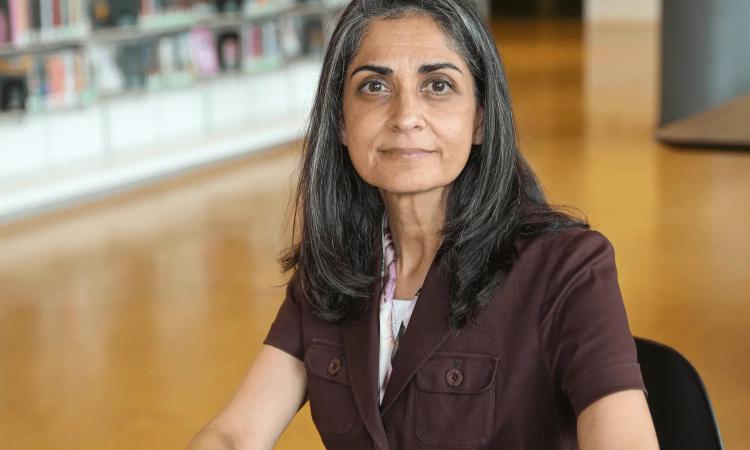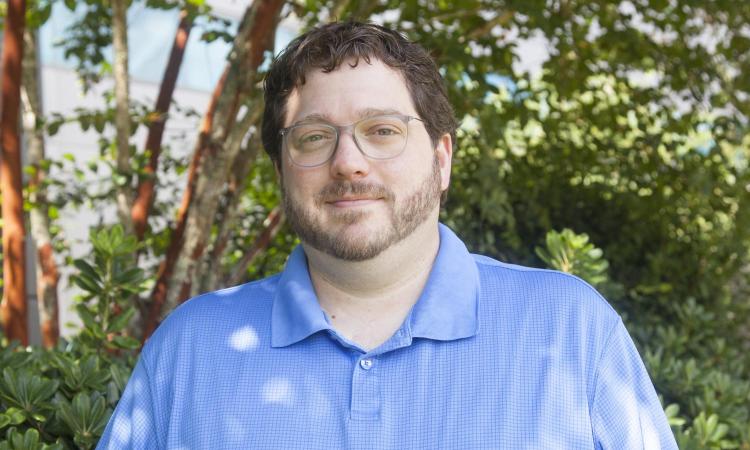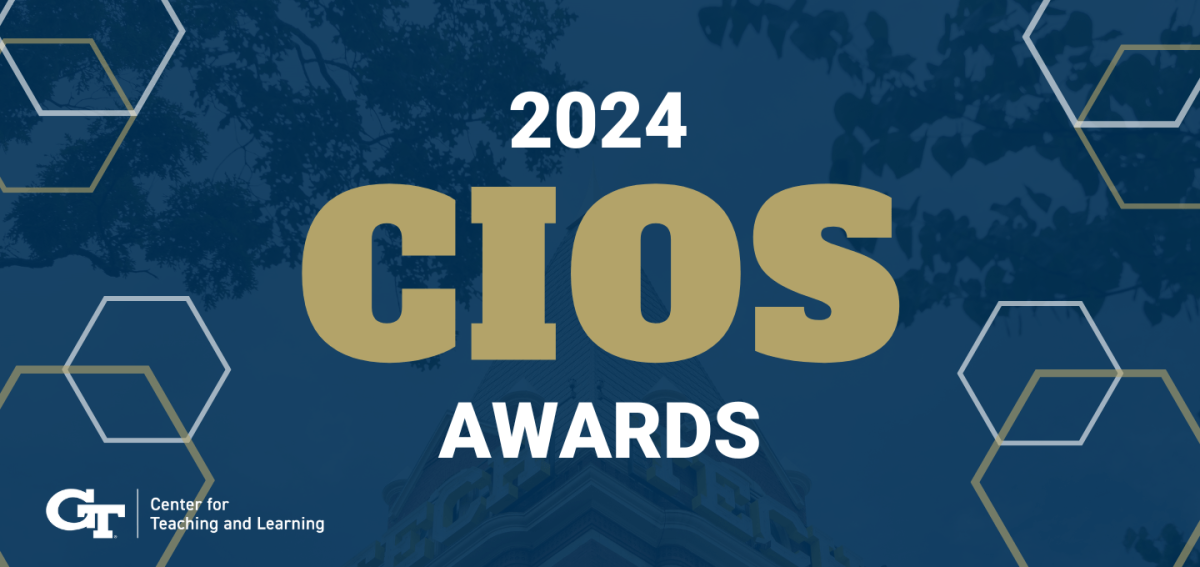
Nine Georgia Tech School of Electrical and Computer Engineering (ECE) instructors received honors from the Center for Teaching and Learning (CTL) and the Office of Academic Effectiveness (OAE) for their Course Instructor Opinion Survey (CIOS) responses.
Seven instructors were named to the 2024 CIOS Honor Roll: Professors Wenshan Cai, Christopher Rozell, and Henry Owen; Assistant Professors Ashwin Pananjady, and Frank Li; Senior Lecturer Kevin Johnson; and Graduate Research Assistant Samuel Talkington.
Additionally, three instructors received CIOS Awards: Professor John Cressler, Associate Professor Brendan Saltaformaggio, and Talkington.
The Student Recognition of Excellence in Teaching: Annual CIOS Award is open to full-time Georgia Tech employees who teach credit courses and who administer the Course Instructor Opinion Survey (CIOS).
Instructors named to the list were celebrated by their students for outstanding teaching and educational impact and overwhelmingly praised for their excellent teaching methods and dedication to student success.
To be eligible for the award, instructors must have a minimum of 70 precent CIOS response rate and be in the top 25 percent of the composite CIOS scores. Composite scores are based on three criteria: the instructor’s respect and concern for students, the instructor’s level of enthusiasm about the course, and the instructor's ability to stimulate my interest in the subject matter.
Learn more about these exceptional faculty members below:
(text and background only visible when logged in)
Wenshan Cai
Professor
CIOS Honor Roll
ECE 6515: Nanophotonics: Provides a comprehensive overview of the fundamental principles and primary applications of nanophotonics, which describes the behavior of light and its interactions with matter on the micro- and nano-scale.
Wenshan Cai is a full professor in the School of Electrical and Computer Engineering, with a joint appointment in the School of Materials Science and Engineering. Prior to joining Georgia Tech in 2012, he was a postdoctoral fellow at Stanford University. Cai received his B.S. and M.S. from Tsinghua University in 2000 and 2002, respectively, and his Ph.D. from Purdue University in 2008. His research is focused on nanophotonic materials and devices, in which he has made major impacts on the evolving field of plasmonics and metamaterials. Cai has published ~100 journal articles, which in total have been cited over 20,000 times. He authored the book, Optical Metamaterials: Fundamentals and Applications, which is used as a textbook or a major reference around the world.Cai is the recipient of several distinctions, including the OSA/SPIE Joseph W. Goodman Book Writing Award and the Office of Naval Research Young Investigator Award. He is a Fellow of SPIE.
John Cressler
Professor
CIOS Award
IAC 2002: Science, Engineering and Religion: An Interfaith Dialogue: This course seeks to prepare students for leadership in a globally-focused, multi-cultural technological world by ensuring their religious literacy and engaging in meaningful dialogue on contemporary topics spanning the boundaries of science, engineering and religion, particularly within the context of multi-faith diversity.
Cressler grew up in Georgia, and received the B.S. degree in physics from Georgia Tech in 1984. From 1984 until 1992 he was on the research staff at the IBM Thomas J. Watson Research Center in Yorktown Heights, NY, working on high-speed Silicon and Silicon-Germanium (SiGe) microelectronic devices and technology. While continuing his full-time research position at IBM, he went back to pursue his graduate studies at Columbia University in 1985, receiving his M.S. and Ph.D. degrees in applied physics in 1987 and 1990, respectively.
In 1992, Cressler left IBM Research to pursue his dream of becoming a professor, and joined the faculty at Auburn University, where he served until 2002, when he left to join Georgia Tech. He is presently a Regents Professor and the Schlumberger Chair in Electronics at Georgia Tech.
Cressler is interested in the understanding, development, and application of new types of silicon-based bandgap-engineered microelectronic devices and circuits for high-speed electronics in emerging 21st century communications systems. He and his team have published over 700 technical papers in this field, and he has written five non-fiction books (two for general audiences). He has recently become enamored with writing historical fiction. His novels are interfaith love stories set in medieval Muslim Spain, including: Emeralds of the Alhambra, Shadows in the Shining City, and Fortune’s Lament (with a fourth in the works). His hobbies include wine collecting, cooking, gardening, fly fishing, mushroom foraging, and hiking.
(text and background only visible when logged in)
(text and background only visible when logged in)
Kevin Johnson
Senior Lecturer
CIOS Honor Roll
ECE 2020: Digital System Design: Computer system and digital design principles: Switch and gate design, Boolean algebra, number systems, arithmetic, storage elements. Datapath, memory organization. Instruction set architecture, assembly language.
Kevin Johnson joined ECE as an undergraduate student in 2004, and after earning a Bachelor's and Master's in EE, started teaching as a Lecturer in 2012. He has taught several courses over the years, has worked with other faculty to help develop project-based learning in their classes, and has been an advisor for Senior Design teams, but his main focus has always been on the introductory sequence for digital system design: ECE 2020 and ECE 2031.
In ECE 2020 (Digital System Design), he has continuously developed and maintained course materials including hands-on activities, and he has helped faculty members who are new to teaching the course. ECE 2031 (Digital Design Laboratory) sees iteration every semester, with Johnson developing new laboratory exercises, course materials, and tools to help manage the large class (which, in spring 2025, has 380 students, nearly 50 undergraduate TAs, and seven graduate TAs).
Johnson also consistently works with the Center for Teaching and Learning, collaborating with faculty throughout Georgia Tech to improve teaching skills, methods, and tools for himself and others.
Frank Li
Assistant Professor
CIOS Honor Roll
ECE 8803: Special Topics: Empirical Comp Security: Covers both classic and recent empirical security studies across a wide range of security topics, including Internet security, underground ecosystems, usable security, and online privacy.
Frank Li is an Assistant Professor at Georgia Tech with a joint appointment between the School of Cybersecurity and Privacy and the School of Electrical and Computer Engineering. He joined the Georgia Tech faculty in Fall 2020. His research interests span network and software security, Internet measurements, and human factors in security, with a particular focus on improving security operations in practice. This work has led to top-tier conference publications, as well as Best Paper Awards at the ACM Internet Measurement Conference (IMC’14) and the USENIX Symposium on Usable Privacy and Security (SOUPS’19).
Before joining Georgia Tech, Li was a Visiting Researcher at Facebook. He received a Ph.D. in Computer Science from UC Berkeley (2019) and a B.S. in Electrical Engineering and Computer Science from MIT (2013). During his graduate studies, he was supported by NSF GRFP and NDSEG fellowships, and received the Berkeley Outstanding Graduate Student Instructor Award. He hails originally from Minnesota and remains an ardent (yet often disappointed) fan of the Vikings and Timberwolves.
(text and background only visible when logged in)
(text and background only visible when logged in)
Henry Owen
Professor
CIOS Honor Roll
ECE 6001: Technology Entrepreneur: Principles of entrepreneurship and intrapreneurship: teaming, ideation, and leadership. Customer discovery, cognitive biases, rapid prototyping, business models, negotiation, and capital raises will be also covered.
Henry L. Owen received the B.E.E., M.S.E.E., and Ph.D. degrees from the Georgia Institute of Technology in 1980, 1983, and 1989 respectively. During 1991 he was on a leave of absence and he worked for the telecommunications firm ALCATEL-SEL in Stuttgart, Germany. Between 1992 and 1995, he spent summers performing research for ALCATEL-SEL on site in Stuttgart.
At Georgia Tech, Owen has implemented the Internet Programming and Internet Design laboratories and classes that provide networking equipment as well as an environment for hands on laboratory experimentation and project implementation.
His hobbies include Amateur Radio, Scuba Diving, and he is a certified Flight Instructor.
Ashwin Pananjady
Assistant Professor
CIOS Honor Roll
ECE 8803: Special Topics High-Dimensional Statistics, Signal Processing, and Optimization: Introduces modern analyses of (one-shot and iterative) algorithms in high-dimensional statistical learning and signal processing.
Ashwin Pananjady is an Assistant Professor at Georgia Tech with a joint appointment between the H. Milton Stewart School of Industrial and Systems Engineering and the School of Electrical and Computer Engineering. His research interests lie broadly in statistics, optimization, and information theory, as well as their applications in data science, machine learning, and signal processing. He is particularly interested in statistical and computational problems arising from high-dimensional data with geometric structure.
Pananjady received his Ph.D. from the Department of Electrical Engineering and Computer Sciences (EECS) at the University of California, Berkeley, and the B.Tech. degree in Electrical Engineering from the Indian Institute of Technology, Madras. During his Ph.D., he spent a couple of summers working in industrial research labs at Amazon and Microsoft.
He is a recipient of the inaugural Lawrence D. Brown Ph.D. student award from the Institute of Mathematical Statistics; the David J. Sakrison Memorial Prize for his dissertation research (EECS, UC Berkeley); a Swiss Re Research Fellowship in Probability, Geometry and Computation in High Dimensions from the Simons Institute for the Theory of Computing; an Outstanding Graduate Student Instructor award from UC Berkeley; and the Governor's Gold Medal from IIT Madras.
In his spare time, he enjoys road biking, ultimate frisbee, and traveling.
(text and background only visible when logged in)
(text and background only visible when logged in)
Christopher Rozell
Professor
CIOS Honor Roll
ECE 3077: Introduction to Probability and Statistics for ECE: Introduction to probability, random variables, distributions, estimation, confidence intervals, linear regression and other tools for describing and managing uncertainty in electrical and computer engineering.
Christopher J. Rozell received a B.S.E. degree in Computer Engineering and a B.F.A. degree in Music in 2000 from the University of Michigan, received M.S. and Ph.D. degrees in Electrical Engineering in 2002 and 2007 from Rice University, and was a postdoctoral scholar at the Redwood Center for Theoretical Neuroscience at the University of California, Berkeley.
Rozell's research interests are in computational neuroengineering, an intersection of neuroscience, data science, neurotechnology and computational modeling that advances the understanding of brain function and the design of effective interventions. His research has a particular focus on exploiting closed-loop interactions between biological and artificial intelligence to create precision models and algorithms, with a clinical focus on psychiatric disorders such as treatment resistant depression.
His scholarly activity also includes research and creative work that advances our understanding of the societal impacts of emerging technologies such as neurotechnology and AI.
Rozell is proud to be a first-generation scholar who is committed to accessibility in our scientific communities. He is a co-founder and member of the Board of Directors of Neuromatch, Inc., a global nonprofit increasing access to scientific knowledge.
Brendan Saltaformaggio
Associate Professor
CIOS Award
ECE 4117: Introduction to Malware Reverse Engineering: This course exposes students to an immersive, hands-on experience in the dissection and analysis of the code, structure, and functionality of malicious software.
Brendan Saltaformaggio is an Assistant Professor at Georgia Tech with a joint appointment between the School of Cybersecurity and Privacy and the School of Electrical and Computer Engineering. He also holds a courtesy appointment in the School of Computer Science. His research interests lie in computer systems security, cyber forensics, and the vetting of untrusted software.
Saltaformaggio serves as the Director of the Cyber Forensics Innovation (CyFI) Laboratory. The CyFI Lab's mission is to further the investigation of advanced cyber crimes and the analysis and prevention of next-generation malware attacks, particularly in mobile and IoT environments. This research has led to numerous publications at top cyber security venues, including a Best Paper Award from the ACM Conference on Computer and Communications Security (CCS’15) and a Best Student Paper Award from the 2014 USENIX Security Symposium.
Originally from New Orleans, Saltaformaggio earned his Bachelor of Science with Honors in Computer Science from the University of New Orleans in 2012. He received his M.S. and Ph.D. in Computer Science at Purdue University in 2014 and 2016, respectively, during which Saltaformaggio was honored with the 2017 ACM SIGSAC Doctoral Dissertation Award as well as two fellowships: the 2016 Symantec Research Labs Graduate Fellowship and the inaugural Emil Stefanov Memorial Fellowship in Computer Science.
(text and background only visible when logged in)
(text and background only visible when logged in)
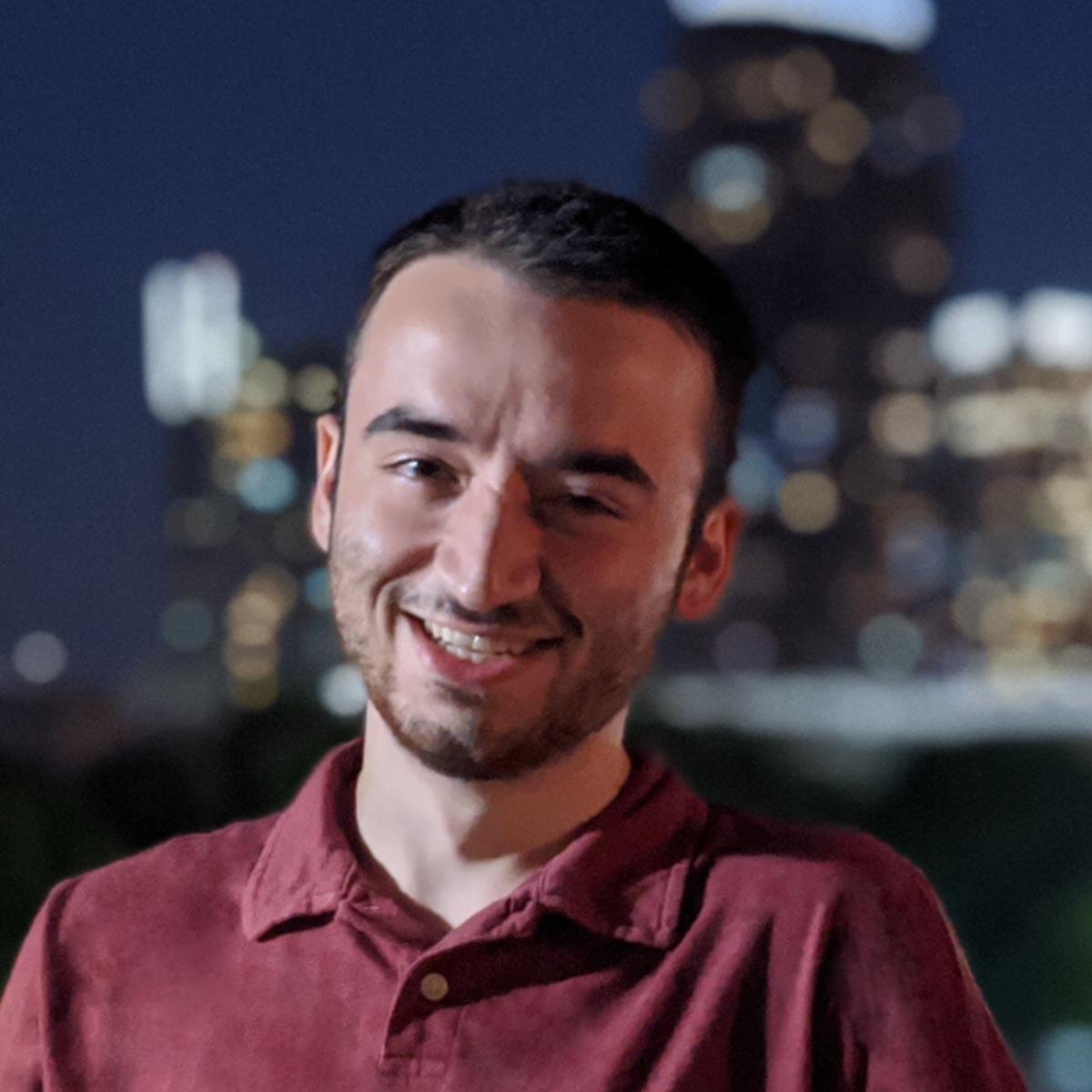
(text and background only visible when logged in)
Samuel Talkington
Graduate Research Assistant
CIOS Honor Roll and Award Winner
ECE 2020: Fundamentals of Digital System Design: Computer system and digital design principles. Switch and gate design, Boolean algebra, number systems, arithmetic, storage elements. Datapath, memory organization. Instruction set architecture, assembly language.
Samuel Talkington is a fifth-year Ph.D. student in Electrical and Computer Engineering, advised by Professor Daniel Molzahn. His research focuses on decision-making under uncertainty in electric power systems. He is also a National Science Foundation Graduate Research Fellow.
(text and background only visible when logged in)
(text and background only visible when logged in)
Related Content
Bhatti Named Associate Chair for Faculty Development
In her new role, Professor Pamela Bhatti will lead the reappointment, promotion, and tenure process for the School.
Amwake Wins College of Engineering Culture Champion Award
The assistant director of research administration was lauded by his colleagues for his leadership and for fostering a culture of confidence and understanding.
